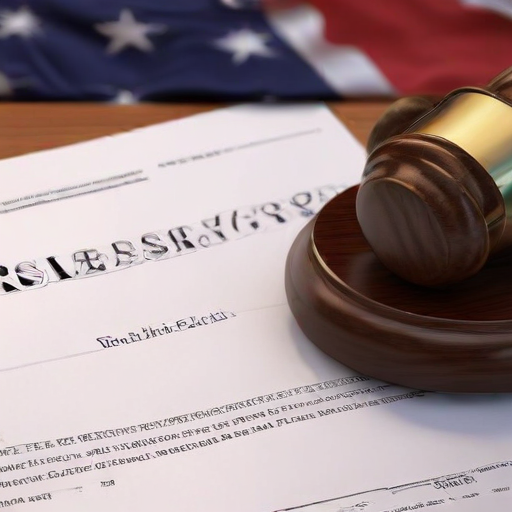The Illinois Supreme Court has overturned Jussie Smollett’s conviction for staging a racially motivated attack on himself in 2019 and subsequently lying to the Chicago police. The court ruled that Smollett should not have faced charges a second time after reaching a previous agreement with prosecutors, where the initial charges were dropped in exchange for the forfeiture of his $10,000 bond and community service.
The ruling leaves Smollett’s claims of innocence unresolved. The case gained significant media attention when Smollett reported in January 2019 that he was attacked by two men in downtown Chicago, who allegedly hurled racial and homophobic slurs, tied a noose around his neck, and declared that he was in “MAGA country.” However, Chicago police later concluded that the attack was a hoax.
The state’s highest court determined that a special prosecutor should not have had the authority to pursue new charges after Smollett’s earlier deal. Justice Elizabeth Rochford, in a unanimous 5-0 opinion, emphasized the importance of upholding legal agreements, stating that undermining such agreements would be unjust.
Prosecutors had claimed that Smollett orchestrated the attack due to dissatisfaction with how the studio addressed hate mail he received. Evidence presented during the trial suggested he paid $3,500 to two acquaintances to carry out the incident, while Smollett maintained he was the victim of a hate crime.
After being found guilty of five counts of disorderly conduct in 2021, Smollett was sentenced to 150 days in jail, of which he served six before being released pending appeal. In addition, he was ordered to pay approximately $130,000 in restitution to cover police overtime costs related to the investigation.
While Smollett’s attorney expressed relief over the ruling, he called for a broader inquiry into the motivations behind the case and the implications for future prosecutorial decisions. In contrast, the former special prosecutor, Dan Webb, disagreed with the court’s conclusion but acknowledged it did not pertain to the question of Smollett’s guilt.
As the court’s ruling sends ripples through the legal community, it highlights the complexities surrounding prosecutorial discretion and legal accountability. Amid this controversy, Smollett continues to seek a path forward in his career, recently appearing in a feature film.
This ruling reflects the intricacies of the legal system and the often tumultuous nature of high-profile cases. Looking ahead, it is an opportunity to reinforce the importance of judicial agreements and their implications on public trust in the legal process. The discourse it generates could lead to beneficial changes in how similar cases are handled in the future, promoting an environment of fairness and transparency.
